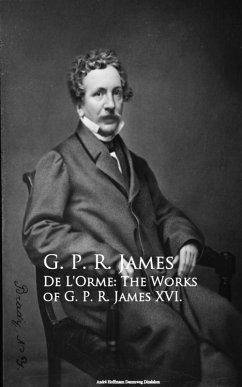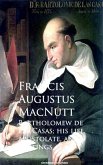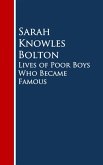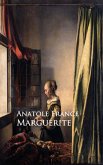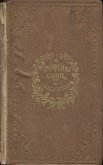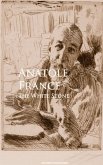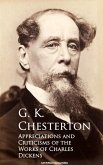Romance writing, when rightly viewed and rightly treated, is of the same nature as the teaching by parables of the eastern nations; and I believe, when high objects are steadily kept in view and good principles carefully inculcated, it may prove far more generally beneficial than more severe forms of instruction. The man who is already virtuous and wise, or who, at least, seeks eagerly to be so, takes up the Essay or the Lecture, and reads therein the sentiments ever present in his own heart. But while the same man may find equal pleasure in the work of fiction addressed to the same great ends, how many thousands are there who will open the pages of the Novel or the Romance, but who would avoid anything less amusing to their fancy? If, then, while we excite their imagination with pleasant images, we can cause the latent seeds of virtue to germinate in their hearts; if we can point out the consequences of errors, follies, and crimes; if we can recall good feelings fleeting away, or crush bad ones rising up under temptation,--and that we can do so with great effect, may be safely asserted,--we can benefit, in the most essential particular, a large body of our fellow-men; a much larger body, I fear, than that which can be attracted by anything that does not wear the form of amusement. Such has been my conviction ever since I entered upon a career in which the public has shown me such undeserved encouragement; and with such a purpose, and for such an object, have I always written. In some works I have striven alone to impress those general principles of honour and virtue, and those high and elevated feelings, which do not seem to me to be increasing in the world. In others, I have endeavoured to advocate, without seeming too much to do so, some particular principle, or to warn against some particular error.
Dieser Download kann aus rechtlichen Gründen nur mit Rechnungsadresse in A, B, BG, CY, D, DK, EW, E, FIN, F, GR, H, IRL, I, LT, L, LR, M, NL, PL, P, R, S, SLO, SK ausgeliefert werden.

